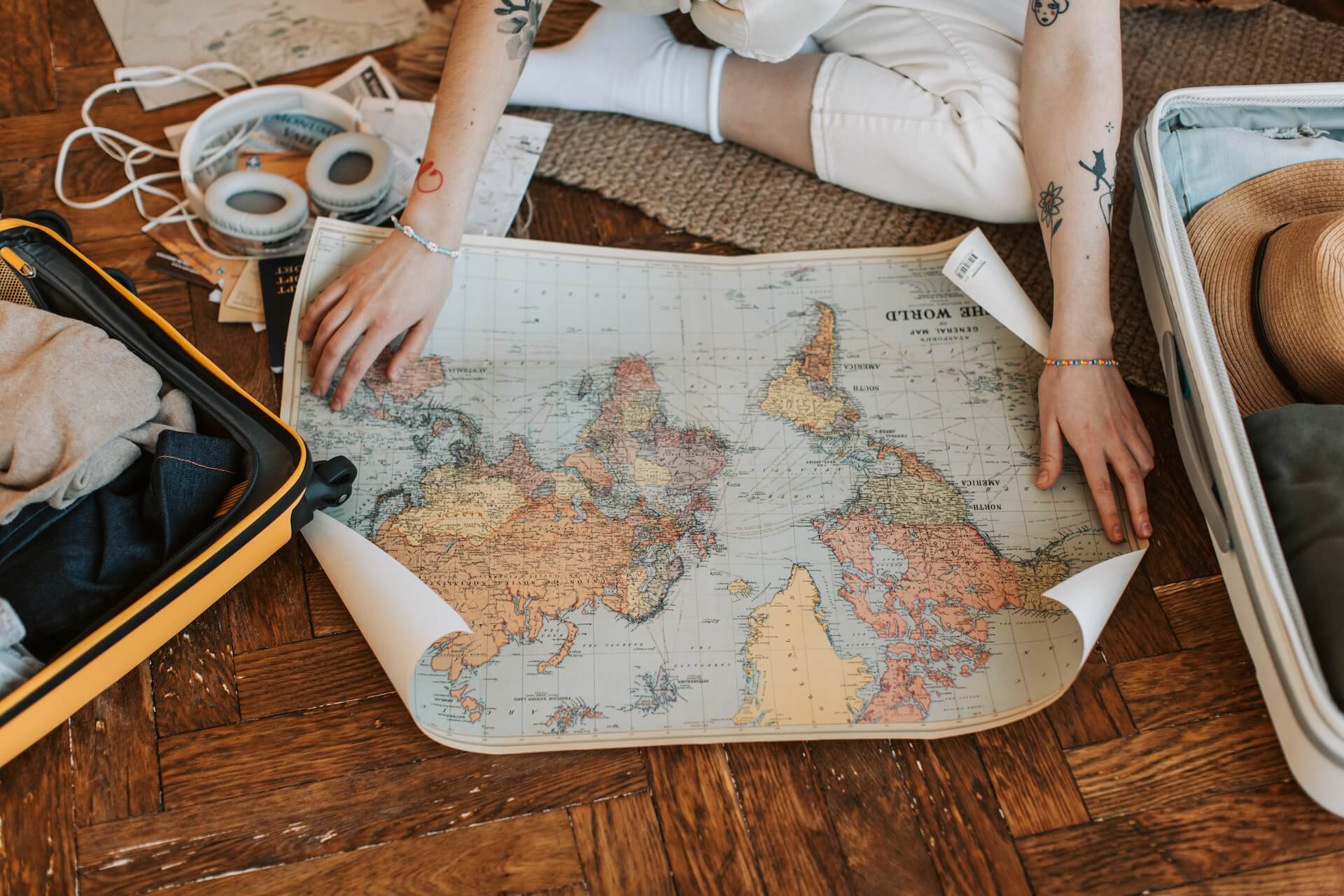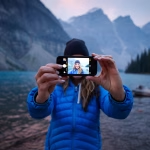In an increasingly digital and fast-paced world, the simple act of traveling offers something profound: a chance to reconnect—with ourselves, with others, and with the world around us. Travel isn’t just about ticking off destinations on a bucket list; it’s about experiencing life beyond the ordinary, stepping into new cultures, trying new activities, and making memories that last a lifetime.
When combined with recreation—activities done for enjoyment and relaxation—travel becomes a powerful way to enhance mental health, physical wellness, and overall happiness. Whether it’s hiking in the Alps, kayaking through serene rivers, or exploring ancient temples, recreational travel enriches our lives in countless ways.
In this article, we explore the importance of travel for recreation, the benefits it offers, the best types of recreational trips, and tips for planning your next adventure.
Why Recreational Travel Matters
Recreational travel is more than a vacation. It blends the thrill of exploring new places with active engagement, whether that means hiking, swimming, sightseeing, or attending cultural festivals. It provides an escape from daily routines and introduces fresh perspectives.

Key reasons why recreational travel is important:
-
Mental Refreshment: Stepping away from work and everyday stressors helps reset the mind.
-
Physical Activity: Many travel experiences involve walking, climbing, or other forms of exercise.
-
Cultural Exposure: Experiencing different customs, foods, and languages broadens horizons.
-
Social Connection: Travel often leads to meeting new people, building friendships, and sharing experiences.
-
Personal Growth: Facing unfamiliar environments helps build confidence and adaptability.
Unlike passive vacations where relaxation is the only goal, recreational travel invites you to actively participate in your surroundings—leading to more fulfilling and memorable experiences.
The Health Benefits of Traveling for Recreation
Modern science backs up what travelers have always known: getting away is good for you. Here’s how recreational travel contributes to better health:
1. Reduces Stress and Anxiety
Stepping into a new environment distracts the mind from stress and allows you to relax. The anticipation of a trip alone can increase happiness levels, and once you’re traveling, nature, fresh air, and movement contribute to mental clarity.
2. Boosts Physical Health
Travel that involves recreation—like biking, hiking, swimming, or even long city walks—keeps you active. Physical activity during travel often feels less like exercise and more like exploration.
3. Improves Creativity
New experiences activate different areas of the brain. Being immersed in different cultures and natural settings can boost creative thinking and problem-solving skills.
4. Enhances Relationships
Traveling with friends, partners, or family strengthens bonds. Shared adventures and challenges bring people closer together.
Popular Types of Recreational Travel
There’s a recreational travel style for everyone—whether you’re a thrill-seeker, a nature lover, or someone who enjoys slow exploration. Here are some popular options:
1. Adventure Travel
For those who crave adrenaline and challenges:
-
Mountain trekking (e.g., Himalayas, Andes)
-
Scuba diving (e.g., Great Barrier Reef)
-
Rock climbing or zip-lining (e.g., Costa Rica, Thailand)
-
White-water rafting or bungee jumping
Adventure travel pushes your limits and rewards you with unforgettable views and a sense of achievement.
2. Eco and Nature Travel
Perfect for connecting with nature:
-
National park visits
-
Wildlife safaris
-
Forest hikes or camping trips
-
Bird-watching tours or marine excursions
These trips offer peace, solitude, and a reminder of the planet’s beauty and fragility.
3. Cultural Recreation
Engaging with local culture through:
-
Culinary tours (e.g., Italy, Japan)
-
Music and arts festivals (e.g., Spain’s La Tomatina or Rio Carnival)
-
Heritage site visits (e.g., Angkor Wat, Machu Picchu)
-
Learning local crafts or dances
Cultural recreation deepens your understanding of the world and allows you to experience destinations beyond the usual tourist trail.
4. Wellness and Retreat Travel
For those looking to recharge:
-
Yoga and meditation retreats
-
Spa and wellness resorts
-
Hot springs and thermal baths
-
Mindfulness and digital detox retreats
These trips prioritize mental health, relaxation, and holistic well-being.
5. Water-Based Travel
For water lovers:
-
Sailing or yachting
-
Surfing destinations (e.g., Bali, Hawaii)
-
Kayaking through fjords or rivers
-
Snorkeling or paddleboarding
Water-based recreation offers both excitement and tranquility.
Tips for Planning a Recreational Travel Experience

To make the most of your recreational trip, good planning is key. Here are tips to help you organize an unforgettable adventure:
1. Define Your Goals
Are you seeking adventure, relaxation, cultural exploration, or physical activity? Knowing what you want helps you choose the right destination and activities.
2. Choose the Right Destination
Select a location that matches your interests. For example, New Zealand is perfect for outdoor adventure, while Italy offers rich cultural and culinary experiences.
3. Do Your Research
Read reviews, check weather conditions, and learn about local customs. Research safety tips and health guidelines, especially when engaging in physically demanding activities.
4. Pack Smart
Bring only what you need but be sure to include essentials for your activities (e.g., hiking boots, swimsuit, sunscreen). Lightweight gear and multipurpose clothing can make a big difference.
5. Stay Flexible
Sometimes the best moments in travel come from unexpected detours. Stay open to new experiences and allow for unplanned fun.
6. Travel Sustainably
Support local businesses, respect nature, and minimize your environmental footprint. Eco-conscious travel helps preserve destinations for future generations.
Travel as a Lifestyle, Not a Luxury
One of the most important realizations modern travelers are making is that you don’t need to be rich to explore the world. Recreational travel can fit all budgets—from backpacking through Southeast Asia to weekend road trips and camping in your local region.
Making travel part of your lifestyle might mean prioritizing experiences over material goods, being resourceful, and embracing simplicity. Many travelers now prefer “slow travel,” staying longer in fewer places to fully experience the culture and environment.
With the rise of remote work and digital nomadism, more people are blending work and leisure, exploring the world while maintaining careers. This lifestyle trend is redefining what it means to live fully and freely.
Final Thoughts
Traveling for recreation is one of the most rewarding things you can do for your body, mind, and soul. It allows you to step out of your comfort zone, discover new places and people, and return home with stories, strength, and a fresh outlook on life.
Whether you’re hiking a remote trail, tasting new foods, swimming in crystal-clear water, or just taking in the sunset from a new horizon—every trip has the potential to change you. So pack your bag, open your heart, and let the world be your playground.
After all, life is short—but the world is wide.


